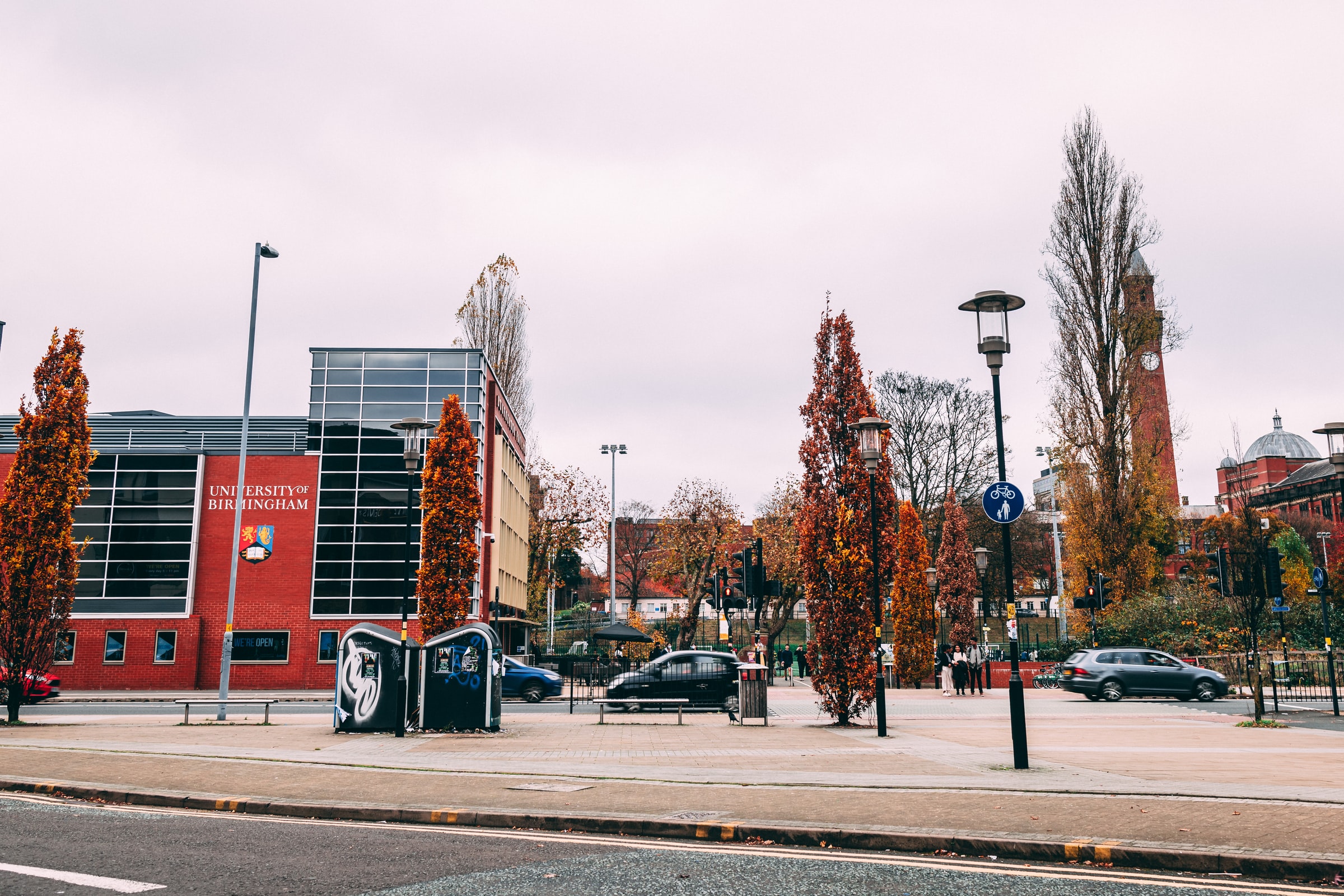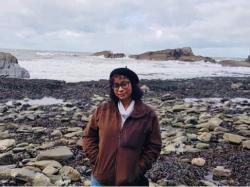
TV Writer Bruna Franco reviews Netflix’s YA live-action spin on animated series The Winx Club, concluding that it’s an easy, escapist watch despite its problems
What happens when Netflix gets its hands on a brightly-coloured, fashion-forward cartoon with a diverse set of protagonists, set in a futuristic world of magic, focused around the power of friendship and the strength of teenagers transitioning into young women? We get their formula for YA series: dark aesthetic, young women incapable of getting along, an unnecessary love triangle and constant references to Instagram. Add controversial casting, undeveloped characters and boring styling, and The Winx Club (Iginio Straffi, 2004-09, 2011-19) becomes Netflix’s Fate: The Winx Saga.
It centres around angsty protagonist Bloom (Abigail Cowen) who was raised in the human world but discovers she has the power of fire magic at 16 years old when she accidentally sets her house on fire. In order to hone her new powers, she attends prestigious magical boarding school, Alfea College, which is home to element-wielding faeries and non-magical warriors called ‘Specialists’. There she meets her suitemates: water fairy Aisha (Precious Mustapha), light fairy Stella (Hannah van der Westhuysen), earth fairy Terra (Eliot Salt) and mind fairy Musa (Elisha Applebaum). The six episodes largely follow the mysteries of her past, rising dangers, her new relationships, especially with Sky (Danny Griffin).
There is a compelling storyline that balances tension and drama with more emotive moments
This review already sounds harsh, but the truth is that I actually watched the series in one night and enjoyed it in the moment. It is definitely an easy watch. It is visually nice, with a stunning setting (Irish landscape, with Killruddery House as Alfea College), and effective use of CGI. There is a compelling storyline that balances tension and drama with more emotive moments – I even cried twice during the final episode.
But Fate: The Winx Saga also serves as a reminder to not watch things mindlessly. Fate somehow tries to be woke while being blatantly offensive. The dialogue resembles regurgitated Tumblr posts, with various pop culture references and ‘woke’ lines such as “Lady of the Flies, sweetie. don’t be sexist” or unnecessary mentions of ‘mansplaining’ and ‘the patriarchy.’ It is sometimes relatable, often not, and raises the question of whether or not the writers have ever heard real teenagers speak. While not as bad as Riverdale’s script, it certainly suffers from a similar affliction.
While not as bad as Riverdale’s script, it certainly suffers from a similar affliction
In contrast to this ‘performative wokeness,’ there is undoubtedly offensive content, particularly in the forms of fatphobia, homophobia/biphobia and a ‘token’ black friend. While we may think such content is outdated in 2021, the main characters are 16 and 17, and we would be remiss to believe that all college-aged people have evolved past bullying overweight, non-straight and/or non-white people. I accepted that interpretation while watching but it feels like more than a portrayal of flawed teenagers. I feel the way the creators wrote the characters is deeply flawed, suggesting bias on their part – consciously or not.
The creators chose to cast Terra as a plus-size fairy. They had a chance to create positive plus-size representation but missed the mark by relying on tired tropes of the insecure fat girl: her character revolves around her weight, there is minimal development into a body-positive character and she is mocked or overlooked by pretty much everyone.
The series skirts around the fact that Dane (Theo Graham) is bisexual – contributing further to bi-erasure in media. They needlessly make him part of a villainous trio with Beatrix (Sadie Soverall) and Riven (Freddie Thorp), who is openly homophobic, despite the fact that they set up a wholesome friendship with Terra in the first episode.
It is a good binge-watch, but not without its problems
Aisha, one of the only main characters of colour, is the designated ‘Black Friend’ whose role is assisting Bloom and whose own storyline (such as struggling with magic) is disregarded. Despite being arguably the most intelligent and level-headed of the five Winx, she is often condemned by them. Moreover, she is the only one to not pursue any relationships – platonic or romantic – outside of the group, making her representation tokenistic.
Overall, Fate: The Winx Saga resembles a mix between Netflix’s Riverdale and CW’S Legacies (a spin-off to The Vampire Diaries, which Fate’s creator Brian Young was involved in co-producing.) It ends up being a typical YA dark drama which is absolutely fine to enjoy, but disappointing when there is a wealth of source material to draw from that would enable the creation of a unique fantasy world. It is a good binge-watch, but not without its problems.
Rating: 2.5/5
Like this? Check out similar TV articles below:

Comments